Love for one's country is part of faith."
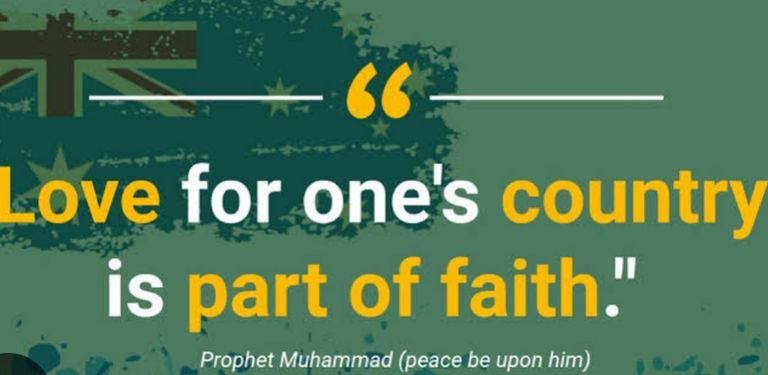
| One of the many accusations leveled at Indian Muslims is that they do not love their country. They have no attachment to the land here. Instead of connecting with their countrymen, they are proud to attribute themselves to the Arab people. They do not have any passion for serving the countrymen. It is a sideshow that these allegations are made by people who have strong evidence of treason against the country, who have always prioritized their interests over the interests of the country. He has been involved in countless scams and whose pictures of many scandals have been saved by the eye of the camera. And these accusations are made against those people whose indelible traces of love for the country are present on every corner of the earth, whose loyalty to the country is beyond any doubt, whose masterpieces of architecture. The civilizational history of the country is incomplete without them and not many days have passed since the unprecedented sacrifices for the freedom of the country. At this time, as a counter-accusation, there is a need to expose the treachery of the accusers, not an opportunity to present the historical evidence of the loyalty and love and service of the Muslims. At this time, it is intended to express some thoughts on this topic, how does Islam see the love of country? And what position does the service and goodwill of the countrymen have? |
|---|
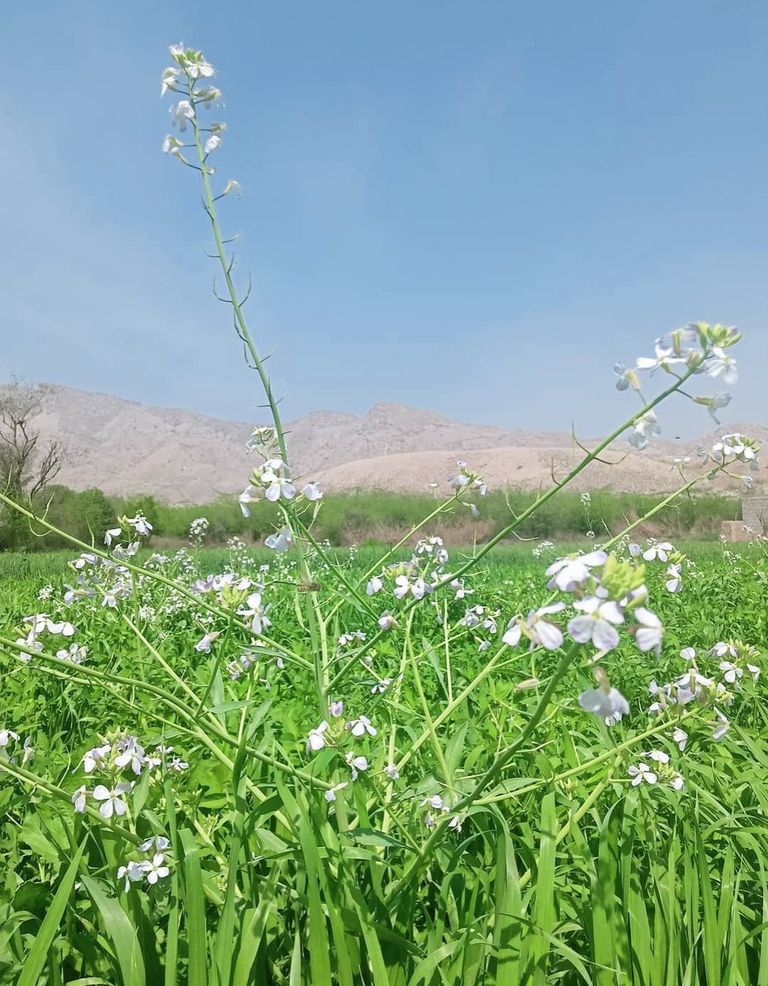
وطن سے محبت – اسلامی نقطۂ نظر سے
ہندوستانی مسلمانوں پر جو بہت سے الزامات عائد کیے جاتے ہیں ان میں سے ایک یہ بھی ہے کہ انھیں اپنے وطن سے محبت نہیں ہے ۔ وہ یہاں کی دھرتی سے کوئی لگاؤ نہیں رکھتے ۔ اپنے ہم وطنوں سے رشتہ جوڑنے کے بجاۓ وہ عرب کے لوگوں سے اپنا انتساب کرنے پر فخر کرتے ہیں ۔ اہل وطن کی خدمت کا ان میں کوئی جذبہ نہیں پایا جاتا _ طرفہ تماشا یہ کہ یہ الزامات ان لوگوں کی جانب سے لگائے جاتے ہیں جن کی بارہا وطن سے غداری کے پختہ شواہد موجود ہیں ، جنھوں نے اپنے مفادات کو ہمیشہ وطن کے مفادات پر ترجیح دی ہے ، جو بےشمار گھوٹالوں میں ملوّث رہے ہیں اور جن کے متعدد اسکینڈلس کی تصویریں کیمرہ کی آنکھ نے محفوظ کرلی ہیں ۔ اور ان الزامات کا نشانہ ان لوگوں کو بنایا جاتا ہے جن کی وطن سے محبت کے انمٹ نقوش یہاں کی دھرتی کے چپّے چپّے پر موجود ہیں ، جن کی ملک سے وفاداری ہر شک وشبہ سے بالاتر ہے ، جن کے فنِ تعمیر کے شاہ کار نمونوں کے بغیر ملک کی تمدّنی تاریخ ادھوری ہے اور جن کی آزادئ وطن کے لیے بے مثال قربانیوں پر ابھی زیادہ دن نہیں گزرے ہیں ۔ اس وقت جوابی الزام کے طور پر الزام لگانے والوں کی غداریوں کوطشت از بام کرنے کی ضرورت ہے ، نہ مسلمانوں کی وفاداری اور وطن سے محبت و خدمت کے تاریخی شواہد پیش کرنے کا موقع ۔ اس وقت اس موضوع پر کچھ اظہارِ خیال کرنا مقصود ہے کہ وطن سے محبت کو اسلام کس نظر سے دیکھتا ہے؟ اور اہل وطن کی خدمت اور خیر خواہی کو اس کے نزدیک کیا مقام حاصل ہے؟
Love for country is natural

| In the heart of every human being there is natural love for his country. It is there that he is born, reaches different stages of his age, there are his parents, family members, friends, there are happy memories of his life, his streets, fields, The field, the market, its sports, mischief are the amen. He has attachment and attachment to each and every thing of the country. He feels that everything is looking at him with loving eyes. Islam values this love and does not impose any restrictions on its expression, because love for country is natural and embedded in the veins of every human being and Islam is the religion of nature. Because of this natural love, no one wants to part with his homeland. There are jobs, business engagements or other worldly and religious purposes, due to which a person takes a distance from the homeland by forcing his heart, but his love remains fresh in his heart all the time. He always wishes that his wings would be attached to him and he would fly to his homeland. |
|---|
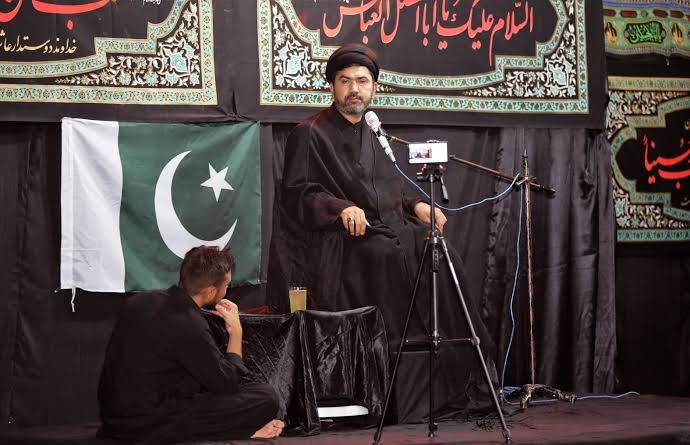
وطن سے محبت فطری ہے
ہر انسان کے دل میں فطری طور پر اپنے وطن سے محبت پائی جاتی ہے ۔ وہیں وہ پیدا ہوتا ہے ، اپنی عمر کے مختلف مراحل طے کرتا ہے ، وہاں اس کے ماں باپ ، اہلِ خاندان ، دوست احباب ہوتے ہیں ، وہاں سے اس کی زندگی کی خوش گوار یادیں وابستہ ہوتی ہیں ، اس کے گلی کوچے ، کھیت کھلیان ، میدان ، بازار ، اس کے کھیل کود ، شرارتوں کے امین ہوتے ہیں ۔ اسے وطن کی ایک ایک چیز سے لگاؤ اور اپنائیت ہوتی ہے ۔ وہ محسوس کرتا ہے کہ ہر چیز اس کی طرف محبت بھری نظروں سے دیکھ رہی ہے ۔ اسلام اس محبت کی قدر کرتا ہے اور اس کے اظہار پر کوئی قدغن نہیں لگاتا ، اس لیے کہ وطن سے محبت فطری اور ہر انسان کے رگ و پے میں سرایت کیے ہوۓ ہے اور اسلام دینِ فطرت ہے ۔ اسی فطری محبت کی وجہ سے کوئی شخص بہ رضا ورغبت وطن سے جدائی گوارا نہیں کرتا ۔ ملازمت ، کاروباری مصروفیات یا دیگر دنیاوی اور دینی مقاصد ہوتے ہیں ، جن کی وجہ سے انسان دل پر جبر کرکے وطن سے دوری اختیار کرتا ہے ، لیکن اس کے دل میں اس کی محبت ہر وقت تازہ رہتی ہے ۔ اس کی ہمیشہ یہ خواہش رہتی ہے کہ کاش اس کے پَر لگ جائیں اور وہ اڑ کر اپنے وطن جا پہنچے ۔
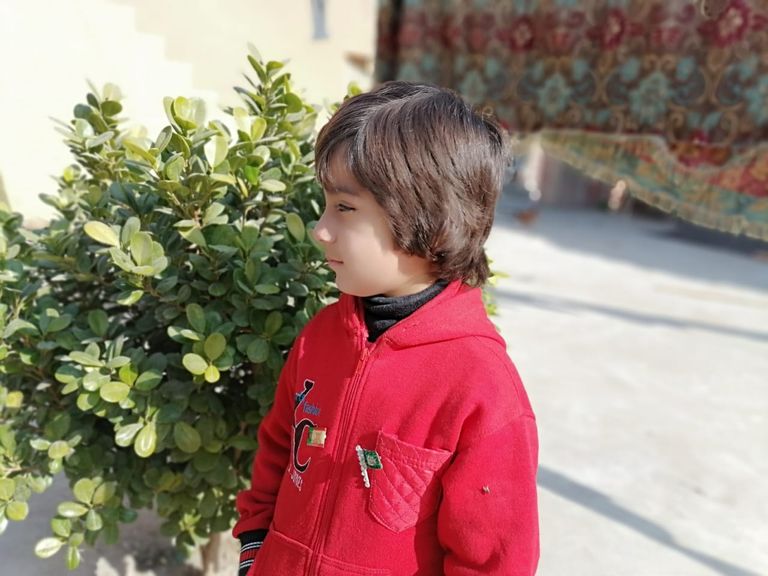
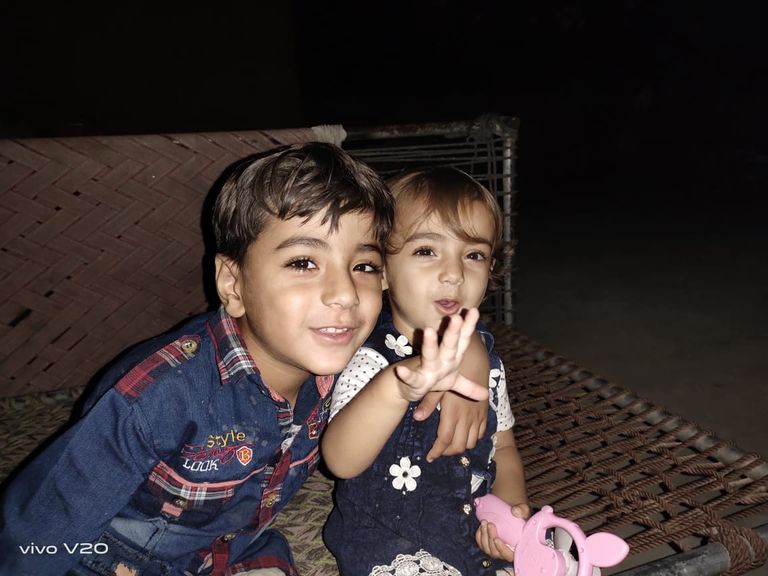
| The polytheists of Makkah made the life of the Messenger of Allah (PBUH) and his companions in Makkah difficult, so they migrated to Madinah by the permission of God. We all can easily imagine what the state of the hearts of the companions of the Messenger of Allah must have been when they left Makkah. According to the hadiths, while leaving Makkah, he stood at Hazura (a market in Makkah) and said in a very compassionate tone: |
|---|
| I did not like you from my country and I loved you to it, and I did not want you to leave me alone. |
|---|
| It is the most pure city and the most beloved to me. If my people had not expelled me from you, I would never have left you and gone anywhere else." |
|---|
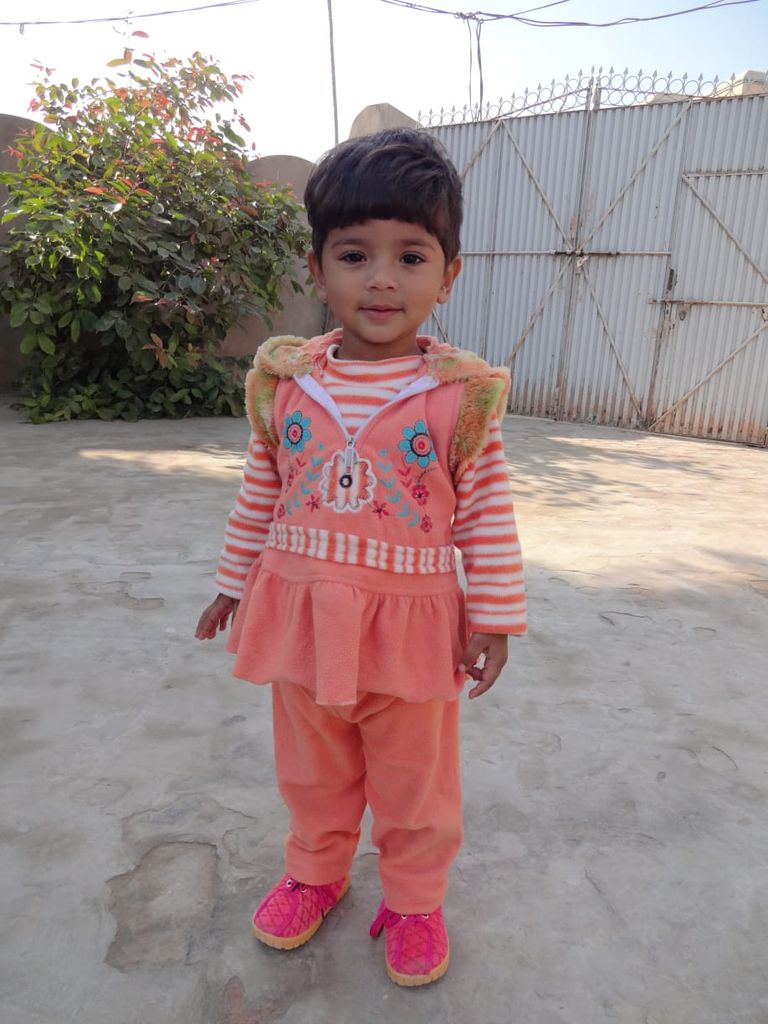
- Homelessness is a crime
| In the eyes of Islam, it is not permissible to force someone to leave their homeland and make them homeless. The Holy Qur'an reminds the Bani Israel of the divine covenant in which it was declared a crime to shed one another's blood and to make one another homeless. At the same time, it states that he violated this covenant and sought the lives of his brothers and drove them out of their homes for ignoble worldly interests:And when we take your covenant, do not spare your blood and do not leave yourselves from your homes. Then we will appoint you and you will witness. Then you will kill yourselves and bring out a group of you from their homes."Then just remember, we took a strong pledge from you not to shed each other's blood and not to make each other homeless - you confessed it, you yourselves are witnesses to it - but today It is you who kill your brothers and servants, make some people of your community homeless, make gangs against them with oppression and violence and release them when they come to you caught in the fight. You make a ransom transaction for them, even though it was forbidden for you to take them out of their homes. |
|---|
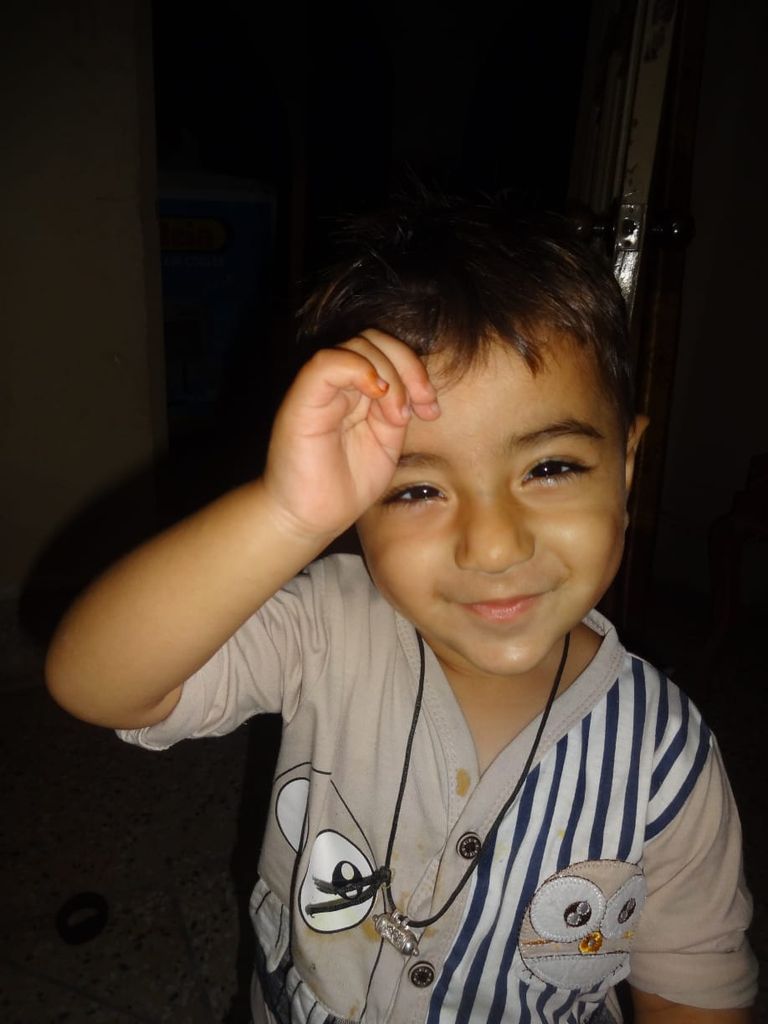
مشرکینِ مکہ نے رسول اللہ ﷺ اور آپ کے اصحاب کا مکہ میں جینا دوبھر کر دیا تو اذنِ الٰہی سے مدینہ ہجرت ہوئی ۔ مکہ چھوڑتے وقت اصحابِ رسول کے دلوں کی کیا کیفیت رہی ہوگی ، اس کا ہم سب بہ خوبی اندازہ کرسکتے ہیں _ رسول اللہ ﷺ کی اندرونی کیفیات بھی ان سے کچھ مختلف نہ تھیں ۔ روایات میں آتا ہے کہ مکہ سے نکلتے وقت آپ حزورہ (مکہ کا ایک بازار) کے مقام پر کھڑے ہوۓ اور انتہائی رقّت آمیز لہجے میں فرمایا :
ما أطيبك من بلدٍ و أحبّك إلىّ و لولا أن قومي أخرجوني منك ما سكنت غيرك (ترمذی : 3925 ، ابن ماجہ : 3108
”تو سب سے زیادہ پاکیزہ شہر ہے اور مجھے سب سے زیادہ محبوب ہے ۔ اگر میری قوم نے مجھے تجھ سے نہ نکالا ہوتا تو میں کبھی تجھے چھوڑ کر کہیں اور نہ جاتا ۔”
گھر سے بےگھر کرنا جرم ہے _
اسلام کی نظر میں کسی کو اپنے وطن سے نکلنے پر مجبور کرنا اور گھر سے بےگھر کرنا جائز نہیں ۔ قرآن کریم بنی اسرائیل کو اس میثاقِ الٰہی کی یاد دلاتا ہے جس میں ایک دوسرے کا خون بہانا اور ایک دوسرے کو گھر سے بےگھر کرنا جرم قرار دیا گیا تھا ۔ ساتھ ہی یہ بھی صراحت کرتا ہے کہ انھوں نے اس میثاق کی خلاف ورزی کی اور حقیر دنیاوی مفادات کے لیے اپنے بھائیوں کی جان کے در پے ہوۓ اور انھیں ان کے گھروں سے نکال باہر کیا :
وإذ أخذنا ميثاقكم لا تسفكون دماءكم ولا تخرجون أنفسكم من دياركم ثم أقررتم و انتم تشاهدون ، ثم انتم هؤلاء تقتلون انفسكم وتخرجون فريقا منكم من ديارهم تظهرون عليهم بالإثم والعدوان وان يأتوكم أسرى تفادوهم وهو محرّم عليكم اخراجهم (البقرۃ: 84 – 85)
” پھر ذرا یاد کرو ، ہم نے تم سے مضبوط عہد لیا تھا کہ آپس میں ایک دوسرے کا خون نہ بہانا اور نہ ایک دوسرے کو گھر سے بےگھر کرنا _ تم نے اس کا اقرار کیا تھا ، تم خود اس پر گواہ ہو _ مگر آج وہی تم ہو کہ اپنے بھائی بندوں کو قتل کرتے ہو ، اپنی برادری کے کچھ لوگوں کو بےخانماں کر دیتے ہو ، ظلم و زیادتی کے ساتھ ان کے خلاف جتّھے بندیاں کرتے ہو اور جب وہ لڑائی میں پکڑے ہوۓ تمھارے پاس آتے ہیں تو ان کی رہائی کے لیے فدیہ کا لین دین کرتے ہو ، حالاں کہ انہیں ان کے گھروں سے نکالنا ہی سرے سے تم پر حرام تھا ۔
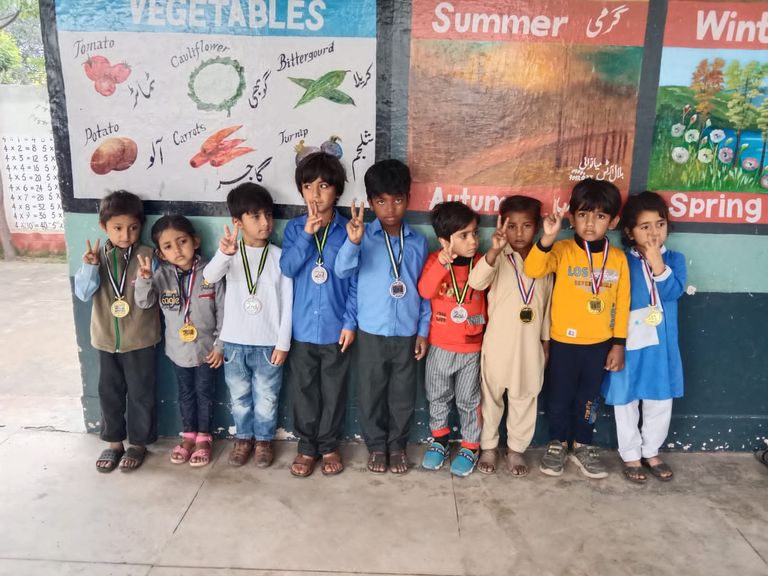
| In the eyes of Islam, it is not permissible to force someone to leave their homeland and make them homeless. The Holy Qur'an reminds the Bani Israel of the divine covenant in which it was declared a crime to shed one another's blood and to make one another homeless. At the same time, it states that he violated this covenant and sought the lives of his brothers and drove them out of their homes for ignoble worldly interests: |
|---|
| And when we take your covenant, do not spare your blood and do not leave yourselves from your homes. Then we will appoint you and you will witness. Then you will kill yourselves and bring out a group of you from their homes. |
|---|
| "Then just remember, we took a strong pledge from you not to shed each other's blood and not to make each other homeless - you confessed it, you yourselves are witnesses to it - but today It is you who kill your brothers and servants, make some people of your community homeless, make gangs against them with oppression and violence and release them when they come to you caught in the fight. You make a ransom transaction for them, even though it was forbidden for you to take them out of their homes. " |
|---|
اسلام کی نظر میں کسی کو اپنے وطن سے نکلنے پر مجبور کرنا اور گھر سے بےگھر کرنا جائز نہیں ۔ قرآن کریم بنی اسرائیل کو اس میثاقِ الٰہی کی یاد دلاتا ہے جس میں ایک دوسرے کا خون بہانا اور ایک دوسرے کو گھر سے بےگھر کرنا جرم قرار دیا گیا تھا ۔ ساتھ ہی یہ بھی صراحت کرتا ہے کہ انھوں نے اس میثاق کی خلاف ورزی کی اور حقیر دنیاوی مفادات کے لیے اپنے بھائیوں کی جان کے در پے ہوۓ اور انھیں ان کے گھروں سے نکال باہر کیا :
وإذ أخذنا ميثاقكم لا تسفكون دماءكم ولا تخرجون أنفسكم من دياركم ثم أقررتم و انتم تشاهدون ، ثم انتم هؤلاء تقتلون انفسكم وتخرجون فريقا منكم من ديارهم تظهرون عليهم بالإثم والعدوان وان يأتوكم أسرى تفادوهم وهو محرّم عليكم اخراجهم (البقرۃ: 84 – 85)
” پھر ذرا یاد کرو ، ہم نے تم سے مضبوط عہد لیا تھا کہ آپس میں ایک دوسرے کا خون نہ بہانا اور نہ ایک دوسرے کو گھر سے بےگھر کرنا _ تم نے اس کا اقرار کیا تھا ، تم خود اس پر گواہ ہو _ مگر آج وہی تم ہو کہ اپنے بھائی بندوں کو قتل کرتے ہو ، اپنی برادری کے کچھ لوگوں کو بےخانماں کر دیتے ہو ، ظلم و زیادتی کے ساتھ ان کے خلاف جتّھے بندیاں کرتے ہو اور جب وہ لڑائی میں پکڑے ہوۓ تمھارے پاس آتے ہیں تو ان کی رہائی کے لیے فدیہ کا لین دین کرتے ہو ، حالاں کہ انہیں ان کے گھروں سے نکالنا ہی سرے سے تم پر حرام تھا ۔ ‘‘
| Allah does not prevent you from being kind and just to those who have not fought with you in the matter of religion and has not expelled you from your homes. Allah loves those who do justice. What He forbids you from is that you make friends with those who have fought with you in the matter of religion and expelled you from your homes and helped each other in your exodus. Those who befriend them are cruel. There is no opportunity here to describe the philosophy of fighting and jihad in Islam. It is enough to explain that in these verses Muslims have been commanded that you can fight those who are oppressing you on the basis of religion and those who have made you homeless. Do not have friendly relations with them. Because they are your enemies. However, there is no problem in having pleasant relations with those who have not participated in these activities. Even if they belong to any religion |
|---|
اللہ تمھیں اس بات سے نہیں روکتا کہ تم ان لوگوں کے ساتھ نیکی اور انصاف کا برتاؤ کرو جنھوں نے دین کے معاملے میں تم سے جنگ نہیں کی ہے اور تمھیں تمھارے گھروں سے نہیں نکالا ہے ، اللہ انصاف کرنے والوں کو پسند کرتا ہے ۔ وہ تمھیں جس بات سے روکتا ہے وہ تو یہ ہے کہ تم ان لوگوں سے دوستی کرو جنھوں نے تم سے دین کے معاملے میں جنگ کی ہے اور تمھیں تمھارے گھروں سے نکالا ہے اور تمھارے اخراج میں ایک دوسرے کی مدد کی ہے ۔ ان سے جو لوگ دوستی کریں وہی ظالم ہیں ۔ یہاں اسلام کے فلسفۂ قتال و جہاد کی تفصیل کا موقع نہیں ہے ۔ بس اتنی وضاحت کافی ہے کہ ان آیات میں مسلمانوں کو حکم دیا گیا ہے کہ جو لوگ محض دین کی بنیاد پر تمھیں ظلم وستم کا نشانہ بنا رہے ہیں اور جنھوں نے تمھیں بے خانماں کیا ہے ان سے تم بھی جنگ کر سکتے ہو ۔ ان سے دوستانہ تعلقات نہ رکھو ۔ اس لیے کہ وہ تمھارے دشمن ہیں ۔ البتہ جو لوگ ان کاموں میں شریک نہ رہے ہوں ان سے خوش گوار ساجی تعلقات رکھنے میں کوئی حرج نہیں ہے ۔ خواہ وہ کسی مذہب والے کیوں نہ ہوں
Protection of faith takes precedence over love of country
| Along with recognizing the importance of homeland and valuing the spirit of patriotism, Islam also takes into account another fact. He considers the protection of faith more important than this. If ever such a situation occurs that it is not possible to remain faithful to the homeland, then on such an occasion, he orders to sacrifice the love of the homeland. He says that Allah's land is very vast. Such oppressors should find jobs elsewhere, but do not compromise their faith. For such people, he promises a good reward in this world as well and gives good news of Allah's reward and reward in the next world as well. There are many verses on this subject in the Holy Quran. See a few verses. Therefore, those who left their homelands for my sake and those who were expelled from their homes and persecuted and fought and killed for my sake, I will forgive all their sins and admit them to gardens like this. Under which rivers will flow. This is their reward with Allah, and the best reward is with Allah.” On the contrary, the condition of those who, when they were persecuted (for believing), left their homes, migrated, For those who suffered hardships in the way of God and worked patiently, surely your Lord is Forgiving and Merciful for those people for whom the love of the country remains a chain and they are not willing to leave it under any circumstances, even if their religion and faith remain. Whether they stay or not, and whether they have opportunities to perform religious rituals and duties or not, the Qur'an makes a great promise for them. |
|---|
ایمان کی حفاظت وطن سے محبت پر مقدم
وطن کی اہمیت تسلیم کرنے اور حبِّ وطن کے جذبے کی قدر کرنے کے ساتھ اسلام ایک دوسری حقیقت کو بھی ملحوظ رکھتا ہے ۔ وہ ایمان کی حفاظت کو اس سے اہم قرار دیتا ہے ۔ اگر کبھی ایسے حالات پیش آجائیں کہ وطن میں رہ کر ایمان پر قائم رہ پانا ممکن نہ ہو تو ایسے موقع پر وہ وطن کی محبت قربان کر دینے کا حکم دیتا ہے ۔ وہ کہتا ہے کہ اللہ کی زمین بہت وسیع ہے ۔ ایسے مظلومین کہیں اور جابسیں ، لیکن اپنے ایمان کا سودا نہ کریں ۔ ایسے لوگوں کے لیے وہ اس دنیا میں بھی اچھے بدلے کا وعدہ کرتا ہے اور دوسری دنیا میں بھی اللہ تعالی کے اجر و انعام کی بشارت دیتا ہے ۔ اس موضوع پر قرآن کریم میں بہت سی آیات ہیں ۔ چند آیات ملاحظہ ہوں لہٰذا جن لوگوں نے میری خاطر اپنے وطن چھوڑے اور جو میری راہ میں اپنے گھروں سے نکالے گئے اور ستائے گئے اور میرے لیے لڑے اور مارے گئے ، ان کے سب قصور میں معاف کردوں گا اور انھیں ایسے باغوں میں داخل کروں گا جن کے نیچے نہریں بہتی ہوں گی ۔ یہ ان کی جزا ہے اللہ کے ہاں اور بہترین جزا اللہ ہی کے پاس ہے ۔”بہ خلاف اس کے جن لوگوں کا حال یہ ہے کہ جب ( ایمان لانے کی وجہ سے ) وہ ستاۓ گئے تو انھوں نے گھربار چھوڑ دیے ، ہجرت کی ، راہِ خدا میں سختیاں جھیلیں اور صبر سے کام لیا ، ان کے لیے یقیناً تیرا رب غفور رحیم ہے جن لوگوں کے لیے وطن کی محبت زنجیرِ پا بنی رہے اور وہ کسی صورت میں وہاں سے نکلنے پر آمادہ نہ ہوں ، خواہ ان کا دین وایمان باقی رہے یا نہ رہے اور انھیں دینی شعائر و فرائض پر عمل کے مواقع حاصل رہیں یا نہ رہیں ، قرآن ان کے لیے زبردست وعید سنا تا ہے
| Those who were oppressing their souls, when the angels seized their souls, they asked them what condition they were suffering from. He replied that we were less forceful and constrained in the land. The angels said: Wasn't Allah's land so vast that you migrated to it? These are the people whose abode is hell and that is a very bad abode. In this regard, the Qur'an presents the example of the Companions of the Cave, who did not make any compromise with the oppressive government of the time and when they were forced to follow their true belief under him. When the roads were blocked, they preferred poverty over the homeland and desertion over the population and said good bye to their home and family and took shelter in the cave. The Companions are also a model for us, who left their homeland for the sake of faith and migrated first to Abyssinia and then to Medina. |
|---|
جولوگ اپنے نفس پر ظلم کر رہے تھے ان کی روحیں جب فرشتوں نے قبض کیں تو ان سے پوچھا کہ یہ تم کس حال میں مبتلا تھے؟ انھوں نے جواب دیا کہ ہم زمین میں کم زور و مجبور تھے ۔ فرشتوں نے کہا : کیا اللہ کی زمین وسیع نہ تھی کہ تم اس میں ہجرت کرتے ؟ یہ وہ لوگ ہیں جن کا ٹھکانا جہنم ہے اور وہ بڑا ہی برا ٹھکانا ہے اس سلسلے میں قرآن اصحابِ کہف کا نمونہ پیش کرتا ہے ، جنھوں نے وقت کی ظالم حکومت سے کوئی سمجھوتہ نہیں کیا اور جب انھیں اس کے ماتحت اپنے عقیدۂ برحق پر عمل کے راستے مسدود نظر آۓ تو انھوں نے وطن پر غربت کو اور آبادی پر ویرانے کو ترجیح دی اور اپنے گھر اور خاندان کو خیر باد کہہ کر غار میں پناہ گزیں ہوئے ۔ صحابۂ کرام بھی ہمارے لیے نمونہ ہیں ، جنھوں نے محض ایمان کی خاطر اپنا وطن چھوڑا اور پہلے حبشہ ، پھر مدینہ ہجرت کی
Love for the motherland
| If the people of faith are forced to leave their homeland and take refuge in another place due to the requirements of religion and faith, then Islam advises them to love this second homeland as well. When the Messenger of Allah, may God bless him and grant him peace, and his companions migrated to Madinah, it became as dear to them as Makkah, and every single thing about it became rich in their hearts. When the Companions reached Medina, they did not like the climate there at first. Many companions, for example, Hazrat Abu Bakr Siddiq and Hazrat Bilal (RA) fell ill. Hazrat Bilal called some of the chiefs of Quraysh and made a bad supplication saying, O Allah! So take them away from your mercy, just as they forced us to come to this plague-stricken area. When the Messenger of Allah (ﷺ) received this information, he prayed: O Allah! Put in our hearts the same love for Madinah as for Makkah! , but more than that. Hazrat Anas bin Malik, may Allah be pleased with him, narrating the details of the Battle of Khyber, says that when we returned victorious and reached Madinah, as soon as we saw Mount Uhud, the Messenger of Allah, peace be upon him, said: This mountain used to love us. And we love it too |
|---|
وطنِ ثانی سے محبت
دین و ایمان کے تقاضے سے اگر اہلِ ایمان کو ترکِ وطن پر مجبور ہوکر کسی دوسری جگہ پناہ لینی پڑے تو اسلام اس وطنِ ثانی سے بھی محبت کرنے کی تلقین کرتا ہے ۔ اللہ کے رسول ﷺ اور آپ کے اصحاب رضوان اللہ علیہم اجمعین نے جب مدینہ ہجرت کی تو وہ بھی انھیں اتنا ہی محبوب ہو گیا جتنا مکہ تھا اور اس کی بھی ایک ایک چیز ان کے دلوں میں رچ بس گئی ۔ صحابۂ کرام جب مدینہ پہنچے تو انھیں ابتدا میں وہاں کی آب و ہوا راس نہیں آئی ۔ متعدد صحابہ مثلاً حضرت ابو بکر صدیق اور حضرت بلال رضی اللہ عنہما بیمار پڑ گئے ۔ حضرت بلال نے بعض سردارانِ قریش کا نام لے کر بد دعا کی کہ اے اللہ ! تو انھیں اپنی رحمت سے دوٗر کر دے ، جس طرح انھوں نے ہمیں وطن سے نکال کر اس وبا زدہ علاقہ میں آنے پر مجبور کر دیا ۔ رسول اللہ ﷺ کو یہ اطلاع پہنچی تو آپ نے یہ دعا فرمائی اے اللہ ! ہمارے دلوں میں مدینہ کی ویسی ہی محبت ڈال دے جیسی مکہ کی ہے! ، بلکہ اس سے زیادہ ۔ حضرت انس بن مالک رضی اللہ عنہ غزوۂ خیبر کی تفصیلات بیان کرتے ہوۓ کہتے ہیں کہ جب ہم لوگ فتح یاب ہوکر واپس ہوئے اور مدینہ کے قریب پہنچے تو جوں ہی جبل احد پر نظر پڑی ، رسول اللہﷺ نے فرمایا : یہ پہاڑ ہم سے محبت کرتا ہے اور ہمیں بھی اس سے محبت ہے